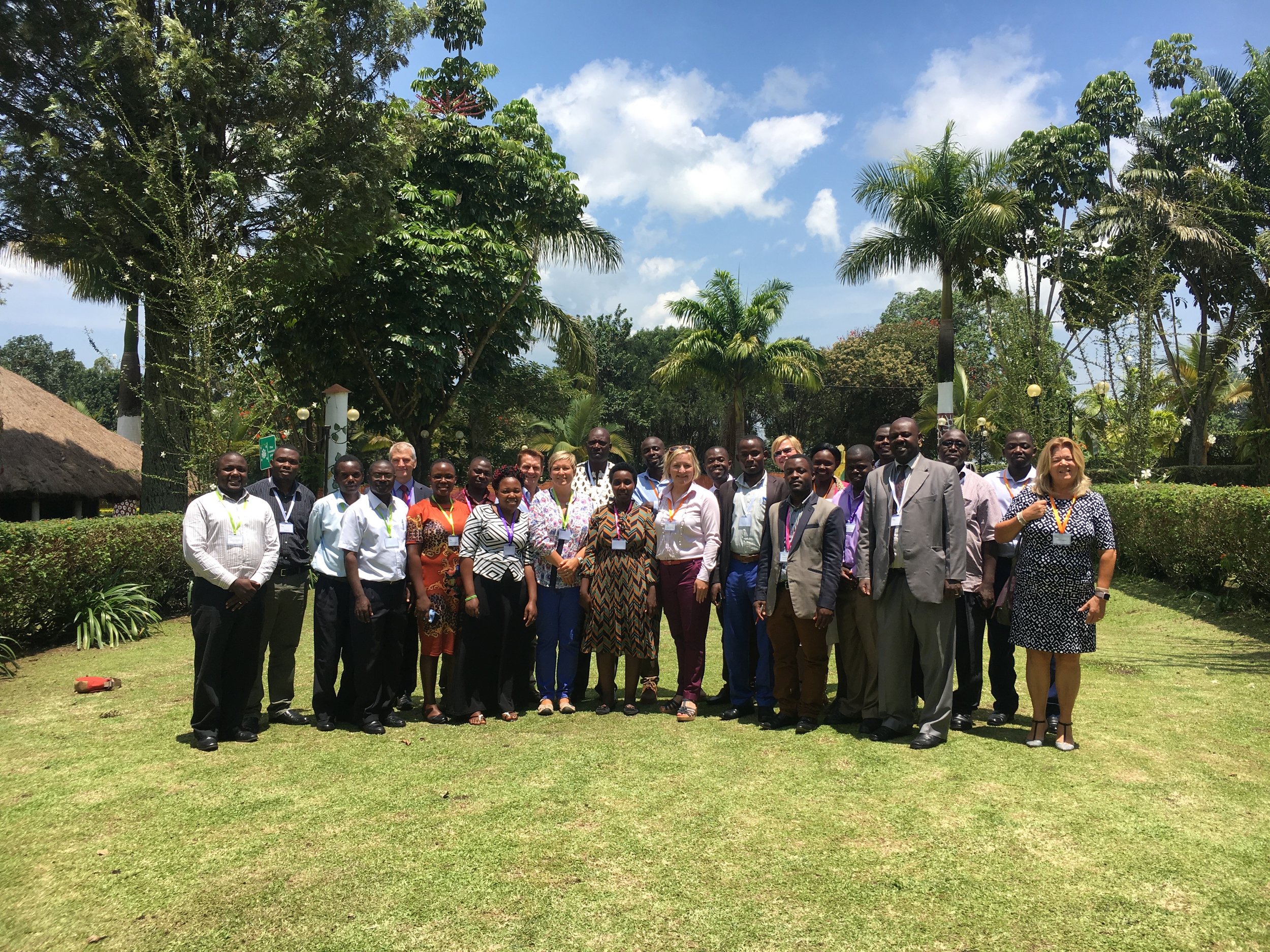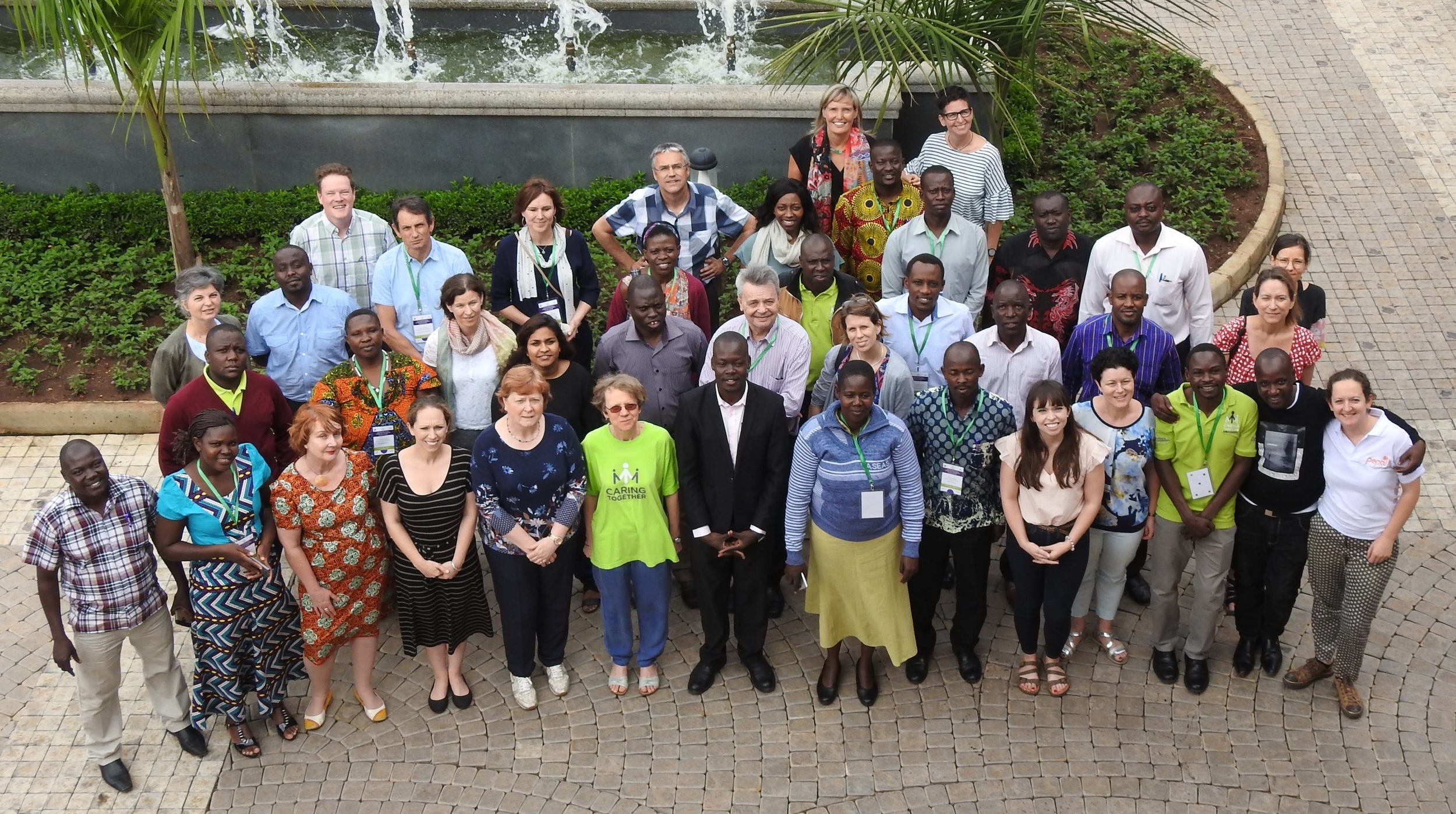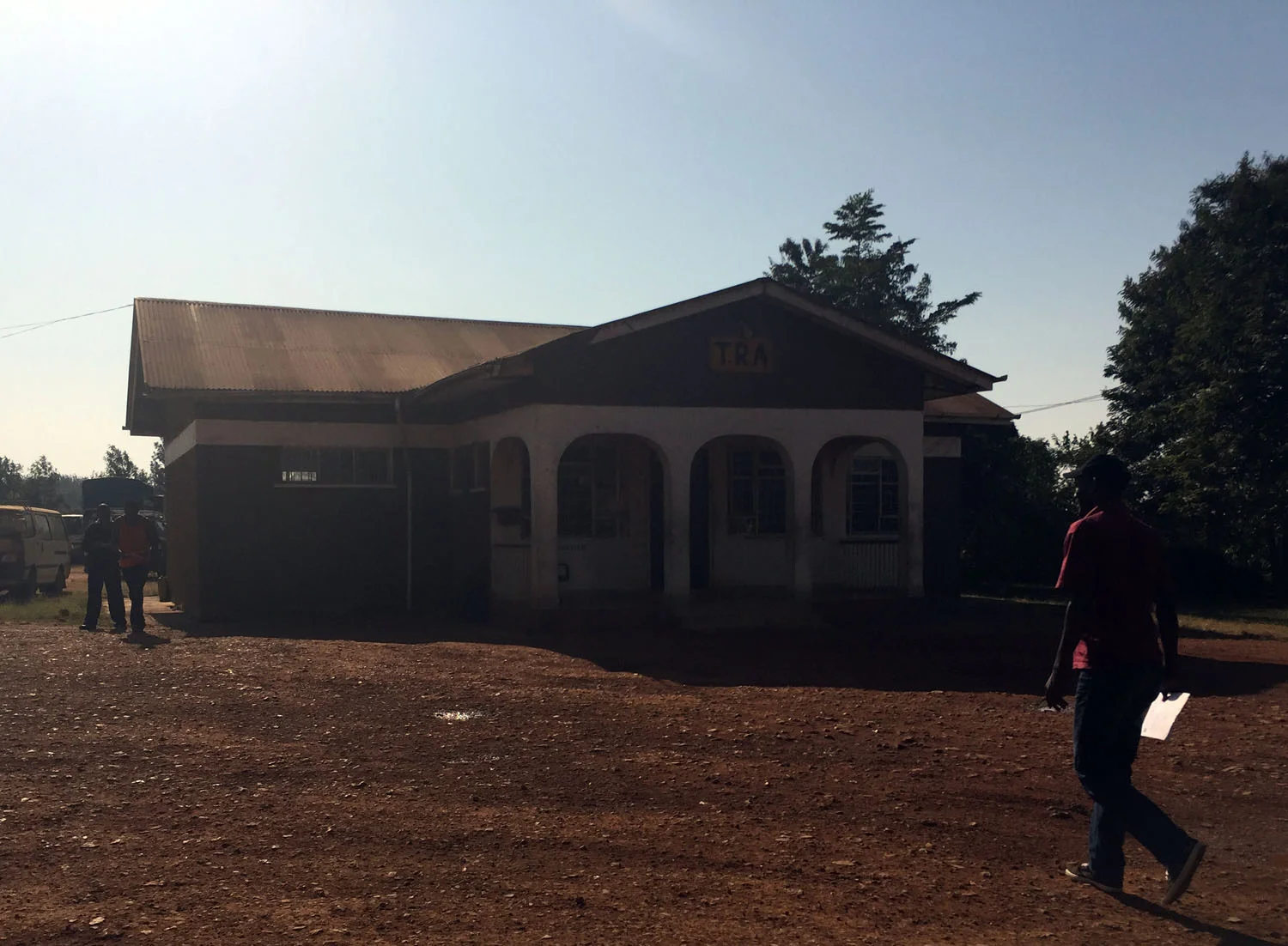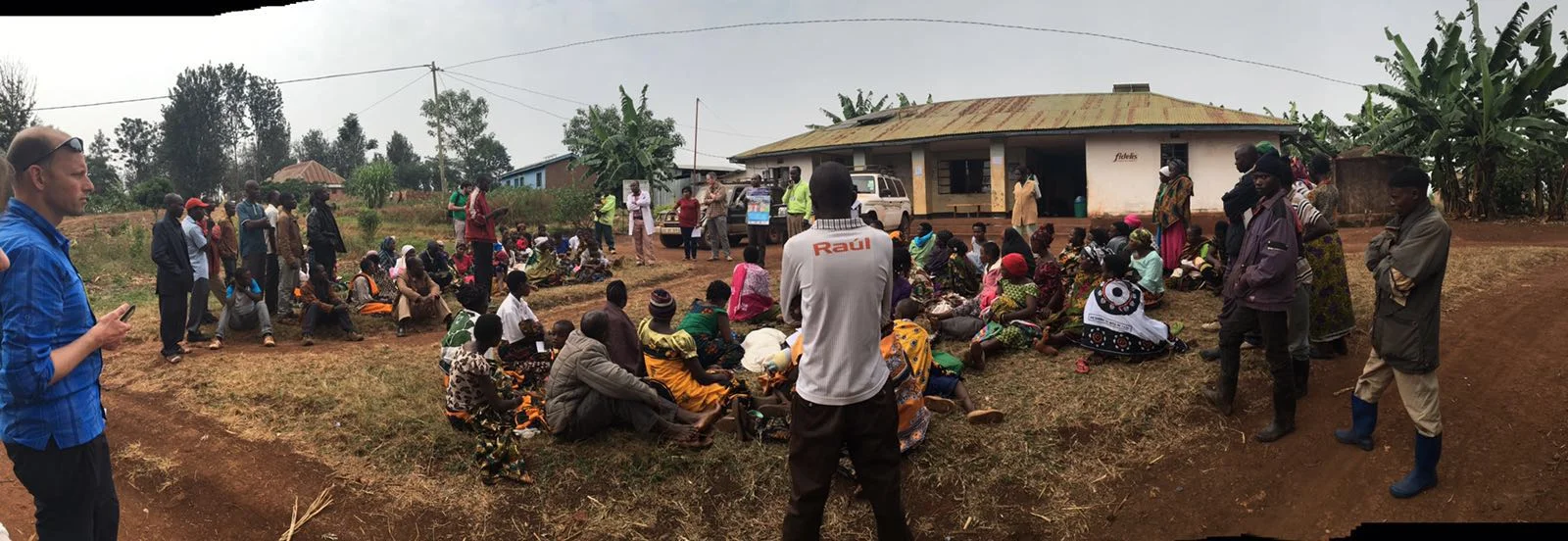Pepal brings together NGOs, global corporations and the public sector to develop leaders and find practical solutions to challenging social issues in East Africa and South Asia.
Since 2016, Pepal has collaborated with the Cross Sector Leadership Exchange (CSLE) and Baylor-Uganda (Ugandan NGO) to improve health outcomes for patients in two regions in Uganda through executive leadership trainings, this program is known as the Uganda Leadership Pioneers. Uganda Leadership Pioneers (https://www.pepal.org/uganda-leadership-pioneers/), facilitated by Sue Hopgood and Charlie Phelps from CSLE, brings together senior leaders from the UK public sector with government District Health Management Teams and frontline government health workers to create sustainable solutions to pressing health burdens through improved leadership skills.
From the 15th to the 22nd of September 2018, Jemima Burnage (Care and Quality Commission, NHS England), Mark Gillyon-Powell (Health and Justice, NHS England), Nina Pinwill (National Cancer Drugs Fund, NHS England) and Penelope Banham (Metropolitan Police) alongside Ugandan colleagues took part in the fourth Uganda Leadership Pioneers workshop in Kyenjojo and Kyegegwa districts in Rwenzori region, Uganda.
Baylor-Uganda, as the main CDC-funded implementing partner in Rwenzori the region, together with the government District Health Management Teams, advised that the focus of the workshop should be to support their joint efforts to reach the global UNAIDS target to end the AIDS epidemic by 2030. As part of this these targets, Baylor-Uganda aims to identify 372 new HIV positive clients per week in each of the eight districts in the region.
Uganda Leadership Pioneers, through their classroom training and discovery field visits, tried to identify challenges faced by health facilities in achieving these targets. Theoretical frameworks on systems thinking, stakeholder mapping and PESTEL/SWOT analyses were employed by the teams to propose pragmatic solutions and design their action plans.
To ensure sustainability, the action plans were presented to district technical and political leaders on the 21st of September for their feedback and review. Actions plans centred on ideas of increased health education amongst communities, ensuring that outreach activities to reach people who are suspected to be positive for screening were adequately facilitated, and that district leaders provide increased mentoring and monitoring. The implementation of these plans will be overseen by the Baylor-Uganda Governance and Leadership Team over the coming months.
At the end of the programme, one of the UK participants said:
“I am going to keep in touch with my team who will update me on the progress of our goals. I have achieved deeper insight into working with diverse people and how to get the best from them.”
One of the Ugandan participants stated:
“I have gained practical skills in steps to solving health systems challenges using a bottom-top approach. I will use these skills in my health facility technical support visits.”
The cross-sector learning developed during this week-long workshop will augment the incredible work that is being done by Baylor-Uganda to tackle the AIDS epidemic in Rwenzori region. The shared value created during this program is sure to affect the workplaces of both our UK and Ugandan colleagues in a positive way with increased motivation to make a change in their respective communities. Listen to participants share their experiences in the above video!
If you would like to join the Uganda Leadership Pioneers in the future please contact sarah.galvin@pepal.org to register your interest.





















